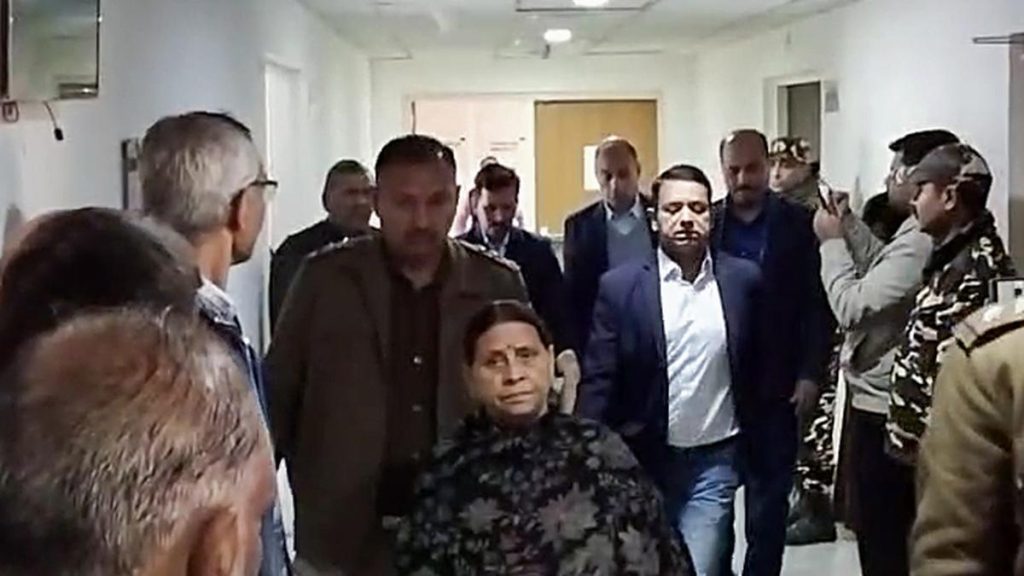Now Reading: Thiruvananthapuram Zoo Tightens Safety Protocols After Rabies Case
-
01
Thiruvananthapuram Zoo Tightens Safety Protocols After Rabies Case
Thiruvananthapuram Zoo Tightens Safety Protocols After Rabies Case

Rapid summary
- Incident: A sambar deer at the Thiruvananthapuram zoo died of rabies on Sunday. This is the second case involving a sambar deer testing positive for rabies at the zoo,with a prior incident reported in March.
- Confirmation: The State Institute for Animal Diseases, Palode, confirmed the presence of rabies in the deceased sambar deer.
- Vaccination Protocols:
– The keeper who handled the deceased sambar deer received an anti-rabies vaccination. Other keepers and doctors had already undergone prophylactic vaccinations during an earlier incident.
– Carnivores at the zoo were previously vaccinated; onyl unvaccinated sambar deer are slated to receive vaccinations now.
– Vaccinations for all animals last time involved logistical challenges like darting from outside enclosures and marking vaccinated individuals using spray paint.
- Future Measures:
– Zoo authorities are considering transferring vaccinated sambar deer to a nearby enclosure after vaccination to ensure better procedure tracking.
- Safety Practices: Zookeepers continue wearing gloves and masks as per safety protocols.
- Suspected Disease Transmission: Mongoose or civet cats may be responsible for transmitting rabies to zoo animals.
Indian Opinion Analysis
The recurrence of rabies cases among sambar deer highlights serious concerns around disease containment measures, wildlife health management, and vaccination logistics at Thiruvananthapuram zoo. While rapid responses such as vaccinating exposed staff members and affected animals reflect proactive efforts by officials, gaps in past implementation-such as incomplete coverage during large-scale vaccinations-underline operational challenges that demand refinement.
The suspected involvement of wild species like mongoose or civet cats introduces additional complexity regarding zoonotic transmission risk within urban zoos-a reminder of vulnerabilities created by human-animal proximity alongside natural habitats. The decision to segregate vaccinated animals into seperate enclosures post-treatment displays forward-thinking preventive planning but may require sustained resource optimization.
This situation underscores broader implications for India’s wildlife care systems wherein effective surveillance strategies coupled with local expertise remain crucial not just for immediate risk mitigation but long-term habitat conservation goals intertwined with public health priorities.
Read more: Thiruvananthapuram Zoo steps Up Safety Protocols Due To Rabies Case






















